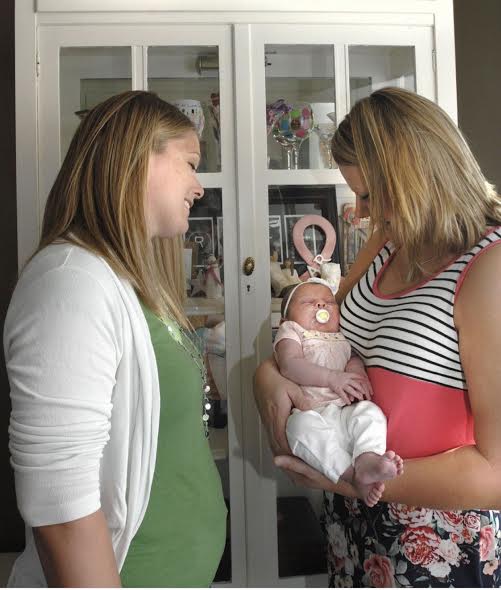Infertility rates are increasing with each passing year. Coupled with this medical hurdle, numerous same-sex couples are yearning to become mothers and fathers. Gay men in particular, look to surrogates so they can build the family they dreamed of always having.
High profile celebrities have emerged, sharing their surrogacy success stories, giving so many individuals the tangible hope of becoming parents one day.
One star to share her surrogacy news is Jordana Brewster of “Fast and Furious.” While beaming with motherhood pride, Brewster said that surrogacy was taking a step towards faith and confidence.
“I couldn’t carry a baby,” she said. “It (surrogacy) taught me a lot to have to rely on someone else to carry my baby for me, because I’m such a private and self-sufficient person. It’s the most intimate leap of faith and trust you can take.”
Brewster’s surrogate gave birth to her son, Julian, last year.
Surrogacy is enabling couples struggling with infertility the ability to have their own children with a genetic link through in vitro fertilization. In the same breath, surrogates empower women who are unable to carry their own baby.
Yes, surrogate mothers who are fueled by compassion, empower future intended mothers. Women choosing the surrogate journey learn that motherhood may not be the way they intended, but through surrogacy, they can ultimately have their baby. Above all, they can be in control of their destiny. And this realization is utterly profound for a woman who has struggled for years with her own fertility challenges.
For those who have yearned to have a baby without being able to conceive, surrogacy is oftentimes described as a “miracle arrangement,” because surrogates give a special gift each and every day. These selfless women help create “parenthood dreams” for so many couples while their benevolence is highlighted by a lifetime of memories for future parents.
For compassionate women wanting to learn more about surrogacy, contact our team of experts at Shared Conception. We can help you.








